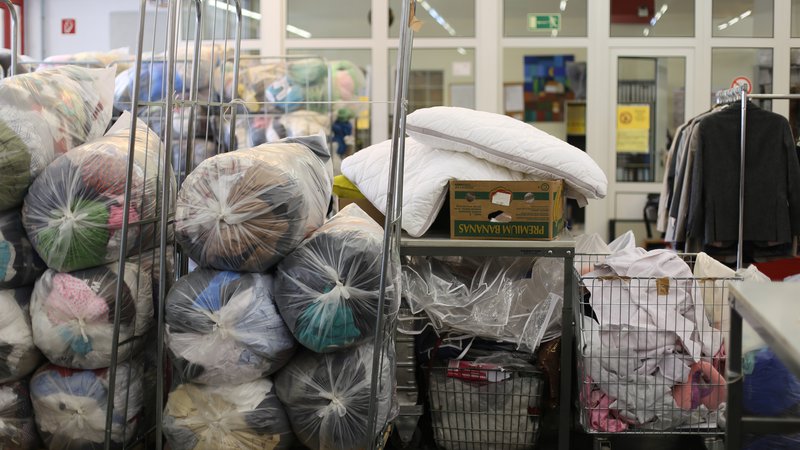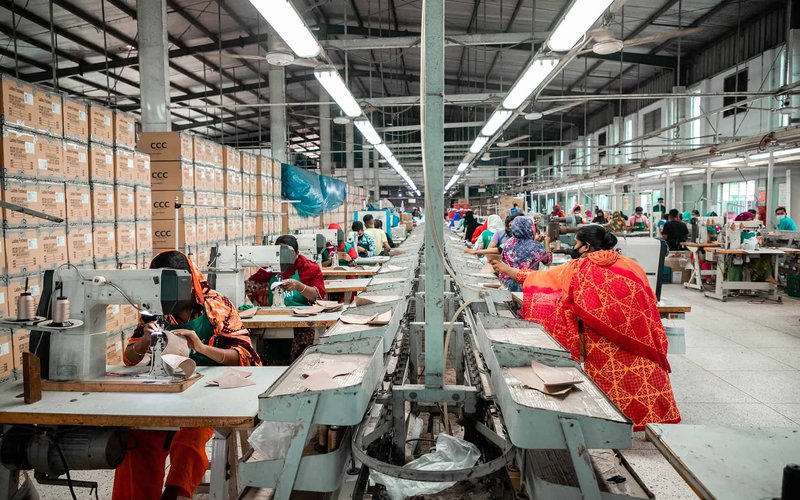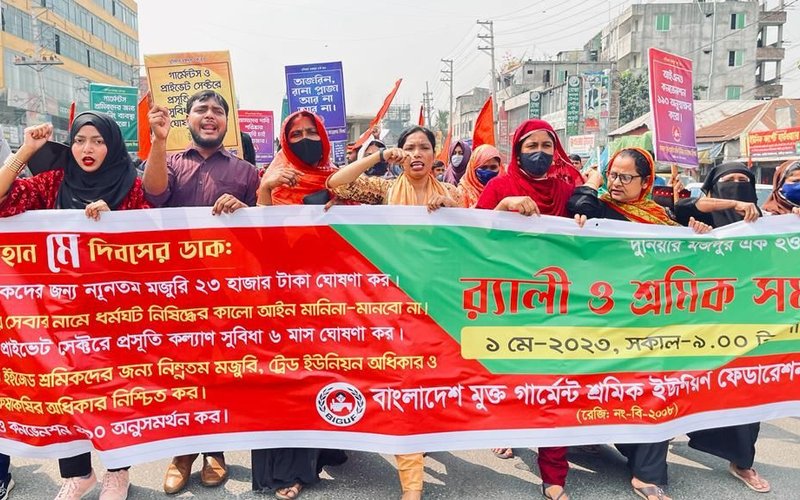The Unequal Impacts of Covid-19 on Global Garment Supply Chains
This report documents deteriorating living and working conditions for workers in garment supply chains,
including a surge in vulnerability to forced labour, amidst the Covid-19 pandemic. We undertook this study to investigate the pandemic’s impact on workers and businesses in the global garment supply chain, focusing on workers in four garment producing and exporting countries—Ethiopia, Honduras,
India, and Myanmar—that are important to the supply base of garment brands and consumers in the United
Kingdom (UK), United States (US), European Union (EU), Canada, and beyond.
Given the challenges of research during the pandemic, evidence of impacts on working conditions has been
sparse and anecdotal, offering little traction to explore broader patterns. Research on Covid-19’s impact on
supply chains has also primarily focused on firms, leaving out the voices of workers. As such, we undertook extensive primary research including: a multi-country quantitative digital survey (N=1140) of workers in Ethiopia, Honduras, India, and Myanmar; interviews with (N=60) workers in Ethiopia, Honduras, and India; interviews with apparel brands, government, social compliance industry professionals, and international organisation representatives (N=20); the creation of a database compiling 2020/2021 annual financial statements and sustainability reports for 21 garment companies as well as documents and financial reporting about government pandemic business assistance schemes for Canada, Ethiopia, Honduras, India, Myanmar, the UK, and the US. Focusing on workers who have remained employed during the pandemic as well as those who have had their employment terminated, we investigate how indicators of living and working conditions including job security, income, vulnerability to forced labour, and debt have changed during the pandemic.







